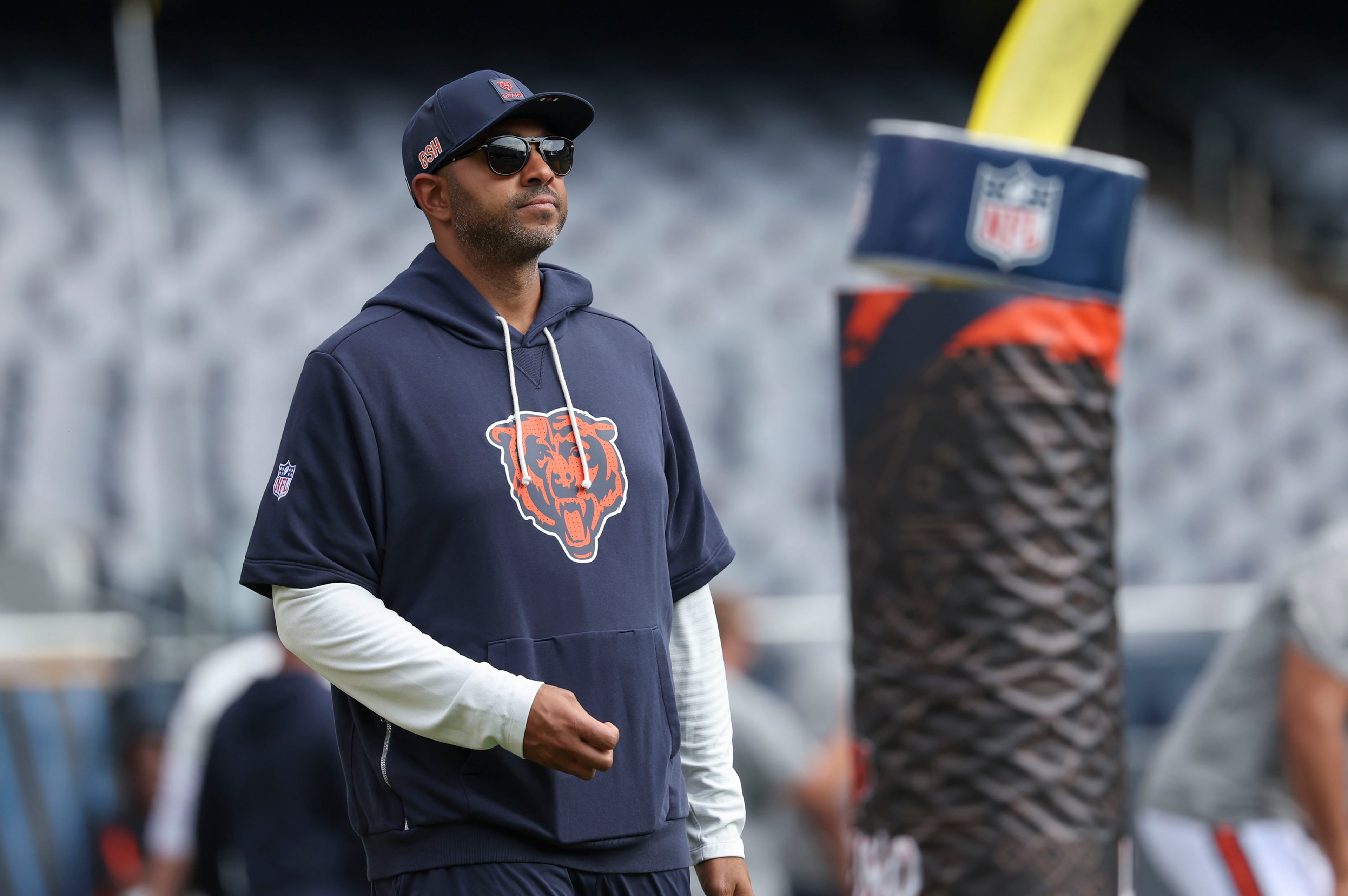Any use of ‘N’ word by athletes disrespects history
I’m at the opposite end of the race and generational spectrum from young African-Americans. So if I’ve hesitated to quickly criticize young black athletes for their outrage over the NFL’s intent to legislate the “N” word out of the game, that’s why.
But after two weeks of hearing the arguments, I’m done listening.
Two weeks ago, the head of the Fritz Pollard Alliance, the NFL’s diversity arm, said he expects the league to adopt a rule that would ban the “N” word from use during games. The penalty: 15 yards for the first infraction, ejection for the second and a presumably a slap in the head by an older relative who knows better.
I live in Atlanta, the birthplace of the civil rights movement. More than 50 years after Martin Luther King Jr. led the March on Washington, fighting for human rights, racial equality and to eradicate the “N” word out of our society, some young blacks want to fight the NFL to keep it. That makes no sense to me. It’s astounding that anybody would find that logical.
“A civil rights activist would say they’re disrespecting the memory of Dr. King,” said Marcellus Barksdale, the director of African-American Studies at Morehouse. “Others would argue it’s just a word, that they’re not using the word in the same context and they mean no harm. But that’s not going to go over well with civil rights activists. It doesn’t matter if you drop the ‘er’ and replace it with an ‘a.’ It’s disrespectful. I don’t care how you spell it. It shouldn’t be used in public.”
The word is the word. The history is the history. Context can’t change that.
To view the “N” word as acceptable or, as the Seattle Seahawks’ Doug Baldwin claimed, “a term of endearment,” ignores the genesis of it and the ugly history that surrounds it.
Welcome to Revisionist History 101. Byron De La Beckwith didn’t use the “N” word as a term of endearment.
“This whole thing from young blacks about wanting to reclaim the word as their own — why would you want to reclaim it?” said Ron Thomas, a sports journalist for over 40 years and the director of journalism at Morehouse. “I understand that some people feel the NFL is a league controlled by white people and this is a rule aimed at black players. That would seem to be an inequity. But it’s an inequity I can live with.”
Yes, I’m an old white guy, and here I am more sensitive to the most offensive word in the English language than Baldwin or teammate Richard Sherman (“It’s almost racist to me.”) or some young African-Americans. Something is wrong with that.
This isn’t a new issue. Shame on NFL officials if they’re acting like it is. I was in middle school and high school in Los Angeles in the 1970s when rap music first exploded. I found it odd that one of the words I was raised not to use suddenly had found its way into music lyrics and had become an accepted part of pop culture. But things were different in the ’70s and ’80s. I devoured every joke by Richard Pryor, even despite his frequent use of the “N” word (at least until he visited Africa, after which he vowed never to say it again). I loved all of the Mel Brooks’ movies, particularly “Blazing Saddles,” but I doubt that flick gets made today (Google “Blazing Saddles quotes” some time). We live in different times now.
I know. Context. The argument is that a non-black using the word means something different. But does that make it right? How did this become such a harmless, fun-loving moniker, like “chum”?
Sports leagues, many believe, should be concerned about matters other than regulating an athlete’s language. (One example: not waiting several decades too long before feigning concern over head injuries.)
For the NFL, this is about money. Similar to the concussion issue, it’s about the brand suddenly being damaged and the future of the league (read: revenue sources) being in danger. If the league was such a high-moral, socially responsible conglomerate, it would’ve made this an issue long before the Richie Incognito dirty bomb exposed part of the league’s underbelly. It’s no coincidence this is happening now.
But the NFL’s motives shouldn’t be the issue here. There is nothing — nothing — bad that can come from this rule, only good. When Congress held hearings on the use of performance-enhancing drugs in baseball, some understandably screamed that politicians should stay out of sports. In an ideal world, yes. But it took political intervention for baseball to get serious about an issue that, in fact, affects more than home run records. Drug laws were being broken. Deaths were tied to steroids use.
There is a ripple effect when anybody uses racial and homophobic slurs. To deny that is just not living in the real world.
Barksdale said the word “should be banned” but acknowledges the difficulty of it.
“It’s a cultural thing,” he said. “It’s been embraced by youths, by urban, hip-hop and by athletes. It conveys a different meaning than if a white person says it. But that doesn’t justify it.”
The NFL is right. The word is wrong. If it weren’t so offensive, I would’ve spelled it out.


